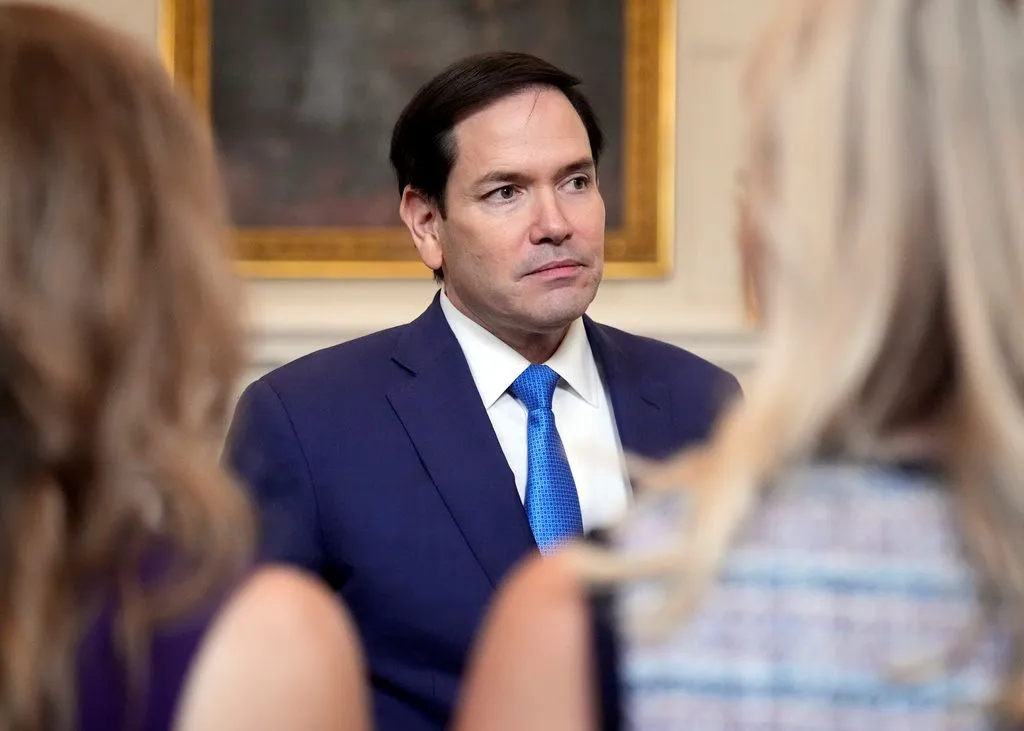


A federal judge ruled on Thursday that the State Department can’t deny visas to foreign nationals on the basis of the travel ban that President Donald Trump imposed on 19 countries in June.
Although the State Department is limited in this regard, U.S. District Judge Sparkle Sooknanan for the District of Columbia determined that federal immigration authorities could still turn away foreign citizens at ports of entry or instruct airline officials to deny boarding. Foreigners can be denied entry into the United States, even though they may be eligible for visas.
Recommended Stories
- Trump administration reviewing possible deportation violations for every US visa holder
- Appeals court lifts pause of Boasberg order on due process for CECOT deportees
- ICE devotes millions to new vehicles complete with custom wrap
The Biden-appointed judge questioned the law that Trump invoked to justify the travel ban, saying it doesn’t give the State Department authority to reject visas.
“That provision authorizes the President, subject to specified limitations, to ‘suspend the entry of all aliens or any class of aliens as immigrants or nonimmigrants, or impose on the entry of aliens any restrictions he may deem to be appropriate,'” Sooknanan wrote, referencing 8 U.S.C. § 1182(f) that Trump used to authorize the travel ban. “Plain as day, Subsection 1182(f) addresses only the question of entry, not the issuance of visas.”
A State Department spokesman condemned the ruling as “judicial overreach.”
“Another example of wrongful judicial overreach aimed at curtailing this Administration’s strong and unwavering efforts to keep Americans and our communities safe. We will continue to relentlessly work to ensure the President of the United States is able to use every tool he has available, including visas, to finally bring oversight to who we allow to visit our country,” spokesman Tommy Pigott said.
The full travel ban applies to Afghanistan, Myanmar, Chad, the Republic of the Congo, Equatorial Guinea, Eritrea, Haiti, Iran, Libya, Somalia, Sudan, and Yemen. Meanwhile, the travel ban’s partial restrictions affected Burundi, Cuba, Laos, Sierra Leone, Togo, Turkmenistan, and Venezuela. The Trump administration said these countries pose possible security risks.
The ruling stems from a lawsuit filed on behalf of people from some of the restricted countries who applied for visas under a diversity visa program. The decision applies to 82 would-be immigrants and benefits 55 diversity applicants, excluding those whose applications had already been placed on hold by the State Department.
The plaintiffs have until Sept. 30, the end of fiscal 2025, to receive their diversity visas.
The judge declined to defer to the State Department’s historical tradition, citing the Supreme Court ruling last year that limited how federal agencies can interpret ambiguous statutes.
The Washington Examiner contacted the State Department for comment on Thursday’s ruling.
The legal development follows a separate federal judge’s ruling last month that briefly set back Trump’s travel ban before a federal appeals court paused that ruling. Sooknanan did not rule on whether the travel ban was unlawful.
TRUMP ADMINISTRATION REVIEWING POSSIBLE DEPORTATION VIOLATIONS FOR EVERY US VISA HOLDER
Also on Thursday, the State Department said it is reviewing more than 55 million visa holders for possible deportation violations. If the visa is revoked, the foreigner would be subject to deportation.
The Trump administration has been revoking visas for months, especially those belonging to anti-Israel student protesters who allegedly support Hamas and other foreign terrorist organizations. The State Department argues that those people shouldn’t live in the U.S. if they sympathize with terrorism.
